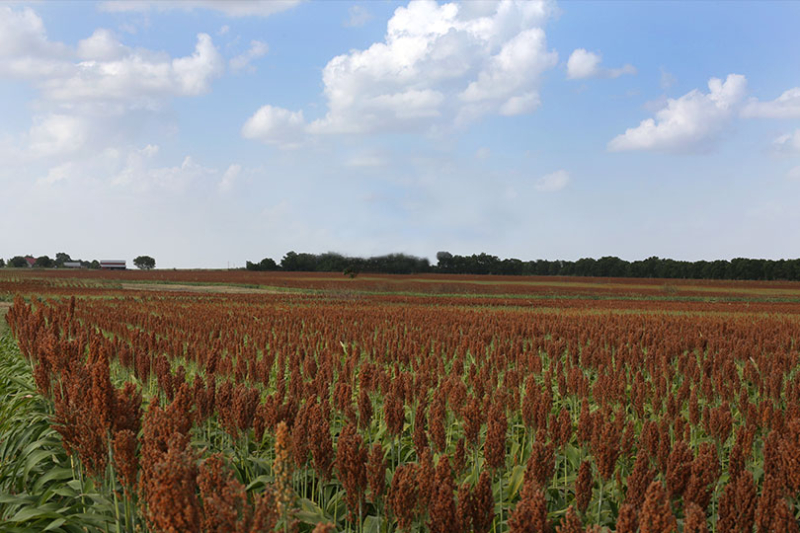By Jessica Domel
Multimedia Reporter
Chinese purchases of U.S. agricultural lands, threats to cybersecurity and the theft of intellectual property were the focus of a recent U.S. House Agriculture Committee hearing on the danger the Chinese communist party reportedly poses to American agriculture.
Glenn “GT” Thompson, chairman of the ag committee, said it is the Chinese communist party, not individuals, who pose the threat.
“The Chinese communist party has gone out of its way to reduce its reliance on American agriculture while aggressively pursuing tactics that threaten our nation’s ability to feed itself,” he said.
Thompson noted the threats are multifaceted, strategic, incendiary and require a coordinated and proactive response.
“These last few years have seen China steal U.S. intellectual property, hack critical cybersecurity and related infrastructure, weaponize agriculture, trade and acquire American farmland at an alarming rate,” Thompson said. “Each of these disrupt our national security, rural communities and our resiliency.”
Land purchases
Kristi Noem, governor of South Dakota and former member of the U.S. House Ag Committee, said she has witnessed first-hand the communist party of China work to systematically take over the U.S. food supply chain.
“They, decades ago, started buying our fertilizer companies, controlling our ability to access fertilizer. Then, I watched them buy up our chemical companies as I worked on implementation of programs and policies at our state and federal level,” Noem said. “I watched as we sold citizenship to the Chinese communist party members for investment in our processing systems, and now most of our processing facilities are owned by the communist party or Chinese government. Now, they’re coming for our land. When they buy up our land, they will complete their chain of control on our food supply.”
Noem said between 2010 and 2020, the Chinese communist party’s holdings of agricultural land in the U.S. increased by 5,300%.
“Reports now show that China owns about 384,000 acres of U.S. ag land valued at over $2 billion,” Noem said. “That should be alarming to all of us.”
The actual number may be higher than that, according to Noem, because there’s very little tracking of foreign interests at the state and federal levels.
South Dakota worked for two years to implement a bill that Noem said allows them to know who is buying land in the state.
Raja Krishnamoorthi, ranking member of the Select Committee on the Chinese Communist Party, told the committee it is important that these types of legislation don’t hurt innocent people.
He pointed to a law in Florida that prohibits Chinese nationals from purchasing real property in the state, saying it has a negative impact on the Asian-American community.
Theft
The committee and Gallagher also discussed the theft of U.S. seeds and other agricultural technology.
“China has long used its legal and regulatory system to steal intellectual property, and we have seen this in everything from semiconductors to seeds, not to mention the scale and sophistication by which China can manipulate critical infrastructure as exposed vulnerabilities in American technologies,” Thompson said. “This interference has ranged from data breaches and theft of agricultural research to ramping up disruptions of irrigation and transportation systems.”
Krishnamoorthi told a story about a farmer in Iowa who found a man digging in his corn in 2023.
He said after some investigation, authorities found that the man was looking for proprietary corn seeds to send back to his employer, a Chinese seed company.
Gallagher suggested Congress can do better to protect agricultural intellectual property.
Trade
Taking action on a federal level is tricky, lawmakers said, because China is one of the U.S.’ largest trading partners.
David Scott, ranking member for the House Ag Committee, said the committee does not want the conversation to contribute to violence against Asian-Americans.
“This is about agriculture policy, not people policy,” he said.
Scott said China alone accounted for $33.7 billion in U.S. agricultural exports last year.


Leave A Comment